By default the CentOS 7 official software package repositories have PHP 5.4, which has reached the end of life and no longer actively maintained by the developers. To keep up with the latest features and security updates, you need a newer (probably the latest) version of PHP on your CentOS 7 system.
Therefore it is strongly recommended for you to upgrade or install a latest supported stable version of PHP 5.5, PHP 5.6 or PHP 7 on a CentOS 7 Linux distribution.
In this article, we will explain how to install supported stable versions of PHP 5.5 (only security updates provided) or PHP 5.6 on CentOS 7 (same instructions also works on RHEL 7) distribution.
Installing PHP 5.6 on CentOS 7
1. To install PHP 5.6, you have to install and enable EPEL and Remi repository to your CentOS 7 system using the commands below.
# yum install https://dl.fedoraproject.org/pub/epel/epel-release-latest-7.noarch.rpm # yum install http://rpms.remirepo.net/enterprise/remi-release-7.rpm
2. Next, install yum-utils which is an assortment of utilities that integrate with yum to enhance its default features, giving it more advanced package management options and also making it easier to use.
A few of its important features include manipulating repositories, enabling or disabling packages on the go and lots more, without any manual configurations.
# yum install yum-utils
3. One of the most important program provided by yum-utils is yum-config-manager, which you can use to active Remi repository as the default repository for installing various PHP versions. For example, if you want to install PHP 5.5, PHP 5.6 or PHP 7.2 on CentOS 7, just enable it and install as shown.
# yum-config-manager --enable remi-php55 [Install PHP 5.5] # yum-config-manager --enable remi-php56 [Install PHP 5.6] # yum-config-manager --enable remi-php72 [Install PHP 7.2]
4. Now that you’ve enabled selected versions of PHP, you can install PHP (here, we have chosen to install PHP 5.6) with all needed modules as follows
# yum-config-manager --enable remi-php56 [Install PHP 5.6] # yum install php php-mcrypt php-cli php-gd php-curl php-mysql php-ldap php-zip php-fileinfo
Important things to note:
- In case you want to downgrade the PHP version for one reason or the other, you will need to remove existing PHP version(s) and then reinstall the new PHP with modules you need.
- You can as well install multiple versions of PHP on Linux and manually choose which version to use by default.
Afterwards, double check the installed version of PHP on your system.
# php -v
Lastly, remember to read these useful PHP articles:
- How to Use and Execute PHP Codes in Linux Command Line
- How to Find MySQL, PHP and Apache Configuration Files
- How to Test PHP MySQL Database Connection Using Script
- How to Run PHP Script as Normal User with Cron
That’s it for now! To share any thoughts with us, you can use the comment form below. Next, we will step you through installing PHP 7 in CentOS 6. Until then, stay connected to Tecmint.com.

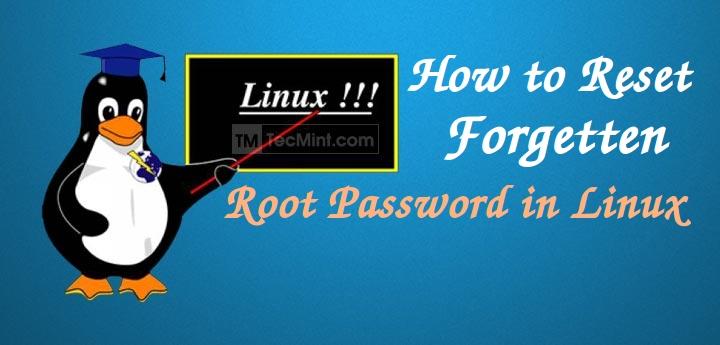
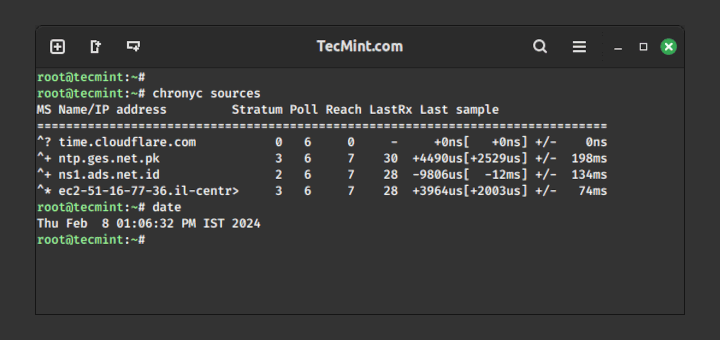
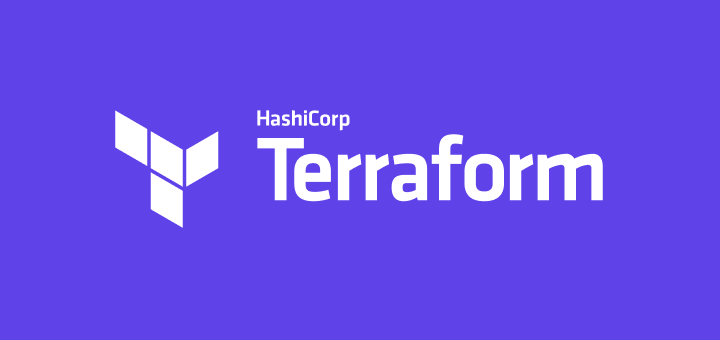
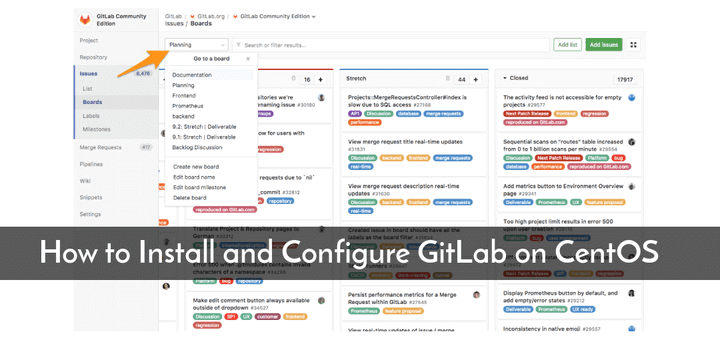
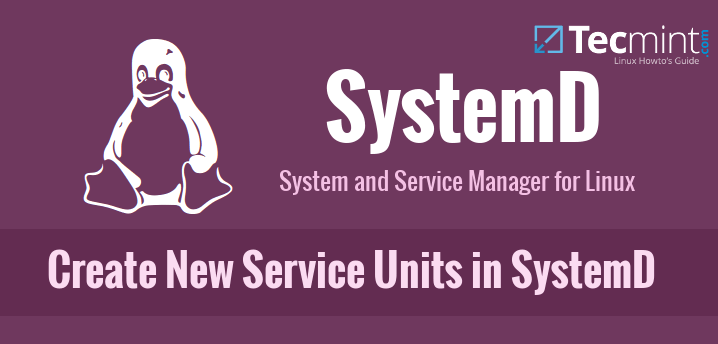
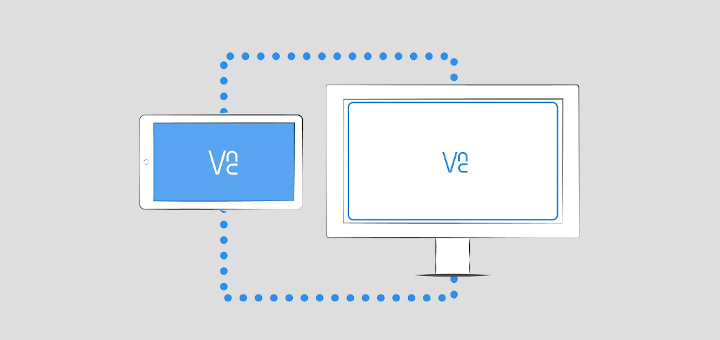
I don’t think that you actually understand what php56 with Remi means …
it is yum install php56-php *NOT* install PHP.
the difference is that one can have multiple php versions on the same system
To keep up with the latest features and security updates, you need a newer (probably the latest) version of PHP on your CentOS 7 system.
Incorrect. Security updates are backported to whatever default version of PHP is shipped with that version of CentOS.
@Anonymous
Oh, ok! Thanks for the useful information.
Not working at all
@Guza,
Make sure to enable EPEL and Remi repository on the system to have PHP 5.6.
Thanks Aaron, for this helpful article for CentOS newbies.
@ruski
Welcome, thanks for the useful feedback.
It helped me a lot. Thanks
@Sonam
Welcome, many thanks for the feedback. Don’t forget to share it!